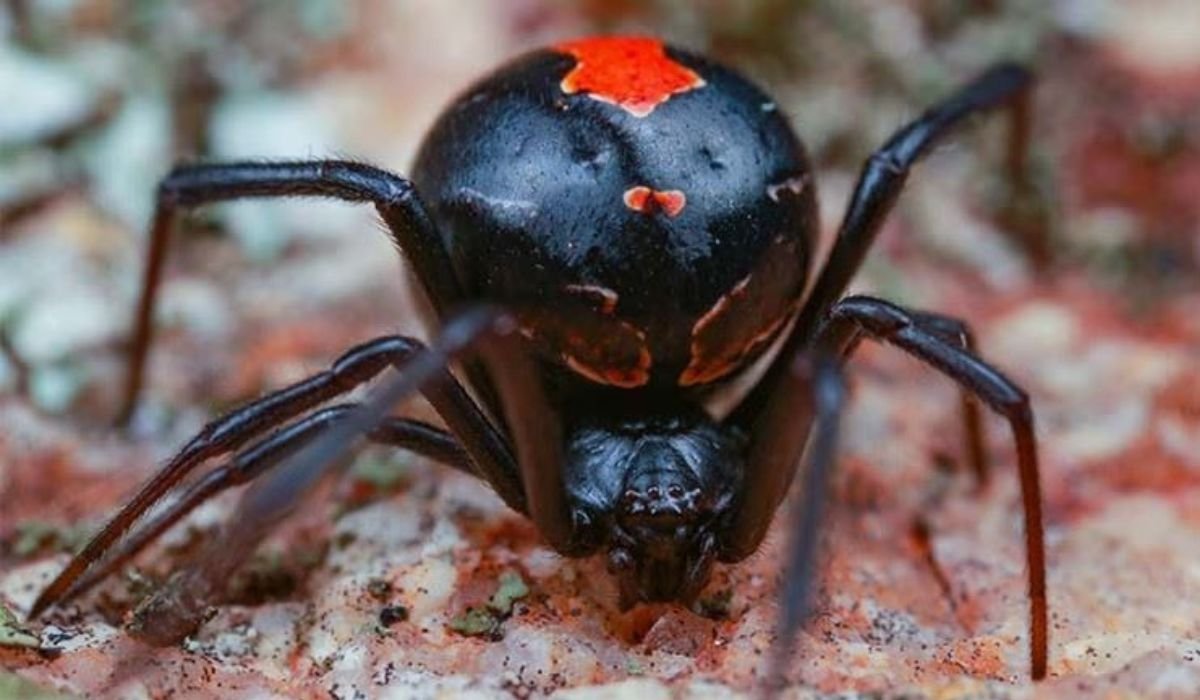Introduction
Imagine stepping into your garage and coming face-to-face with a black widow spider. The sight of its glossy black body and distinct red hourglass marking can be both startling and alarming. The instinctive reaction for many is to eliminate the threat immediately. However, this raises a significant question: Should I kill a black widow spider? This article will delve into the pros and cons of this decision, offering a comprehensive perspective on how to handle encounters with these notorious arachnids.
Understanding Black Widow Spiders
Habitat and Behavior
Black widow spiders are notorious for their venomous bite and distinctive appearance. They are typically found in dark, undisturbed areas such as:
- Sheds and garages: Black widows often make their homes in these quiet, cluttered spaces.
- Basements and attics: These environments provide the seclusion and warmth black widows favor.
- Outdoor areas: They might also be found under rocks, logs, or garden debris.
Black widow spiders are generally reclusive and prefer not to interact with humans. They spin irregular webs in hidden places and are not aggressive unless provoked. Their behavior is primarily driven by their need to hunt for insects and other small prey.
Venom and Bite
The venom of a black widow spider contains neurotoxins that can be highly dangerous. The effects of a bite can vary depending on several factors, including the size of the person bitten and their overall health. Typical symptoms include:
- Immediate pain: A sharp pain may be felt at the bite site.
- Systemic symptoms: Muscle pain, cramps, and even systemic reactions such as sweating or nausea can occur.
- Severe reactions: In rare cases, severe reactions can lead to more serious health issues, especially in children, the elderly, or those with compromised immune systems.
While a black widow bite can be serious, prompt medical treatment can usually manage symptoms effectively.
Ecological Role
Despite their fearsome reputation, black widow spiders play a crucial role in their ecosystems:
- Pest control: They help manage populations of insects and other small pests, which can reduce the spread of disease and maintain ecological balance.
- Food source: Black widows themselves serve as prey for other animals, contributing to the food web.
Understanding their ecological importance can help in evaluating the decision to kill these spiders.
The Pros of Killing a Black Widow Spider
Safety Concerns
One of the primary reasons for killing a black widow spider is the safety concern it represents:
- Potential bite risk: Black widow spiders can pose a health risk, particularly to vulnerable populations such as children, pets, and individuals with allergies or weakened immune systems.
- Peace of mind: Eliminating a black widow spider can alleviate anxiety and ensure that your home is safer from potential bites.
For many, the safety of family members and pets outweighs other considerations.
Peace of Mind
Having a black widow spider in or around your home can be unsettling. The act of killing the spider can provide:
- Immediate relief: The removal of the spider can quickly resolve the immediate danger and ease concerns.
- Reassurance: Knowing that the spider is no longer a threat can contribute to a sense of security within your living space.
The Cons of Killing a Black Widow Spider
Ecological Impact
Killing black widow spiders can have unintended consequences on the ecosystem:
- Disruption of balance: Removing these spiders can lead to an increase in insect populations, as there are fewer natural predators.
- Chain effects: The loss of black widows can impact other wildlife that relies on them as a food source, potentially causing ripple effects throughout the ecosystem.
Risk of Injury
Attempting to kill a black widow spider carries its own set of risks:
- Potential bites: If not handled correctly, there is a risk of being bitten during the process of killing the spider.
- Improper methods: Using inappropriate methods to kill the spider can result in dangerous situations or ineffective removal.
Ethical Considerations
There are ethical concerns associated with killing any living creature:
- Respect for life: Many people believe in the ethical treatment of all creatures, even those considered pests.
- Alternative solutions: Considering non-lethal methods can align better with ethical principles and promote humane treatment of wildlife.
Alternatives to Killing
If you prefer not to kill a black widow spider, there are several alternative approaches:
Relocation
Relocating a black widow spider to a more suitable environment can be a viable option:
- Safe capture: Use tools like a cup and a piece of paper to gently capture the spider without direct contact.
- Appropriate release: Release the spider far away from human habitation to prevent future encounters.
Pest Control Professionals
Hiring a professional pest control service can be an effective way to manage black widow spiders:
- Expertise: Professionals have the knowledge and tools to deal with infestations safely and effectively.
- Preventive measures: They can also offer advice on preventing future spider issues.
Prevention Strategies
Preventing black widow spiders from entering your home is crucial for avoiding encounters:
- Maintain cleanliness: Regularly clean and declutter areas where spiders are likely to hide.
- Seal entry points: Close gaps and cracks in walls, windows, and doors to prevent spiders from entering.
- Use deterrents: Natural repellents or chemical sprays can help deter spiders from making their homes in or around your house.
Conclusion
Deciding whether to kill a black widow spider involves balancing safety concerns with ecological and ethical considerations. While these spiders can pose risks to human health, they also play an important role in their ecosystems. By considering alternatives such as relocation or professional pest control, you can address the issue effectively while minimizing negative impacts. Ultimately, making an informed decision will help ensure both your safety and the well-being of the environment.
FAQs
Why might I need to kill a black widow spider?
- Killing a black widow spider might be necessary for safety reasons, especially if you have children or pets who could be at risk of a venomous bite.
What are the risks of a black widow spider bite?
- A black widow spider bite can cause severe pain, muscle cramps, and systemic symptoms. In vulnerable individuals, it can lead to more serious health issues.
What are the ecological impacts of killing a black widow spider?
- Killing black widow spiders can disrupt the local ecosystem by increasing insect populations and affecting other wildlife that relies on spiders for food.
Are there safer alternatives to killing a black widow spider?
- Yes, alternatives include relocating the spider to a safe area, hiring a pest control professional, and implementing prevention strategies to avoid future encounters.
What ethical considerations should I keep in mind regarding black widow spiders?
- Ethical considerations include respecting all living creatures and choosing humane methods of removal when possible, rather than killing.











